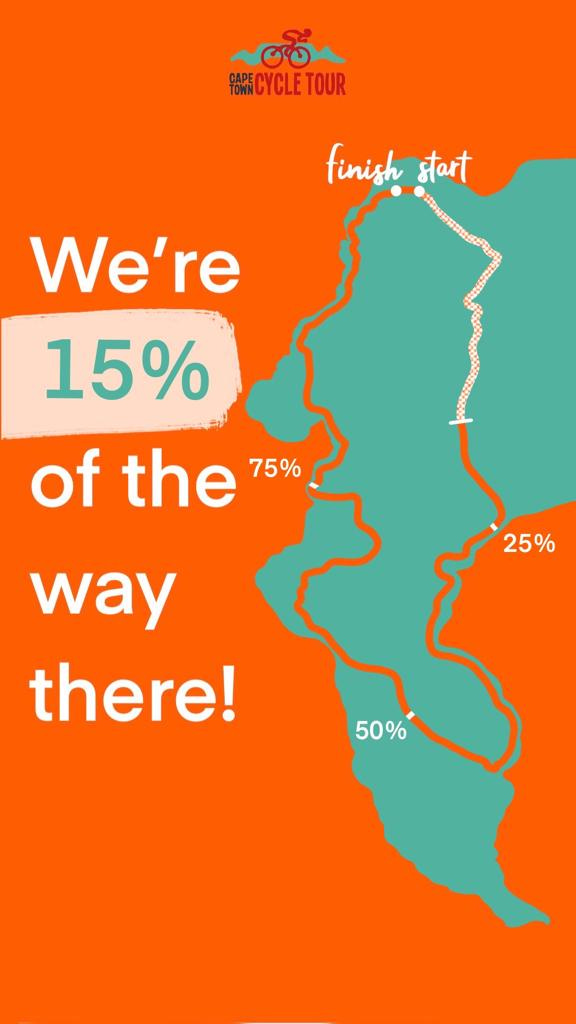The Lectio Letter - Issue #63 - The Gift of Failure: How Humiliation helps us find true Humility
“I have not failed. I've just found 10,000 ways that won't work.”
― Thomas A. Edison
"The important thing is to learn a lesson every time you lose."
— John McEnroe
“You may encounter many defeats, but you must not be defeated. In fact, it may be necessary to encounter the defeats, so you can know who you are, what you can rise from, how you can still come out of it.”
― Maya Angelou
Failings are the foundation for growth. Those who have fallen, failed or 'gone down' are the only ones who understand 'up.'
— Richard Rohr
“The more a person limits himself, the more resourceful he becomes.”
—Soren Kierkegaard
Welcome to Issue #63 of the Lectio Letter. This members-only newsletter is filled with music, film and food suggestions, links, and an article written by yours truly.
PSA: I’ve heard a number of people have been missing out on the whole email if they use Gmail because the email gets ‘clipped’.
You can see at the bottom of the email if it says “message clipped”, then click “View entire message” to see it all.
You are not getting it all if you don’t see my signature at the bottom.
Alternatively, you can use the substack app (where you can listen to the article read out) or read it online at LectioLetter.com
Whether you become a paid subscriber or not, I’m very grateful to each of you who read, share and respond to this newsletter.
Introduction
This time, we’re talking about failure and humility. All of us fail, but few of us engage with our failure beyond the pain, shame and self-loathing it produces. Below, I’m arguing that we can learn about ourselves and develop a true humility, if only we are willing to reflect on them.
There’s also some thoughts on the recent “Asbury revival”, a beef stew recipe, music from Menahan Street Band, Paper cache art, architectural wonders, an Asteroid in the English channel and peeks at the books I’m reading by Rich Villodas, Richard Foster and Tyler Staton.
But before we get there, I have a question for you…
Have a say in how the Lectio Letter looks
I’ve been wondering for a while whether to break up these longer emails into two shorter ones.
One would have only the article in it, and the other would have the link list of miscellany, music and updates. Let me know what you’d prefer with the poll below.
As you’ll see below, the article is quite long.. breaking them up into parts with a two week gap means that the first part is probably too far back in your memory.
What do you think about breaking these articles into two parts and sending part two through the following day?
Status Board
Life
A huge thank you to everyone who gave so generously sponsoring us to ride the Cape Town Cycle Race for Children of Promise. We've raised 15% of the £18,500 / $22,500 we are hoping to raise. If you still want to give, we’d be so grateful, you can do so here.
I’ve never read the African novel “Thing fall apart”, but it would be an apt title for the month we’ve been having which has been filled with some of the tougher stuff of life.
The circumstances of some of those we love are in a tough place, 2 failing marriages, and two critically ill children in hospital amongst those we know. In addition a crime wave in our village which has led to things being stolen from our car 5 times in the last month, wetsuits and shoes stolen from our garden and the terrifying interruption of our alarm sirens blaring in the middle of the night. In the hottest month of the year, our car A/C has died and will cost a small fortune to replace, our garage and gate motors both packed in. Rachel struggled with a painful shoulder injury brought on by our cycle training. The latter is all small stuff, but it can feel like death by 1000 paper cuts at times.
With all that as it is, there is plenty to be thankful for. Despite the brokenness of our world, the gifts of beauty, gratitude and God’s mercy are on constant display. We’ve been particularly encouraged by tuning in to the Holy Spirit Conference at Bridgetown and the renewal that is occurring in Universities in the U.S. which many we know have prayed to see for a long time. This local happening at Asbury University in Kentucky is sparking desire and prayer for something similar around the world which was clear from the Prayer 24/7 call we joined recently.
Reading
I’ve been reading Tyler Staton’s book on prayer this past week. It’s really an excellent invitation to a deeper life of prayer. He tells stories, explore the questions around prayer and it is peppered with simple helpful practices for how to begin. Definitely recommended for anyone who feels like they are “not good” at praying (which is everyone, right?)
I also started Rich Villodas’ book on the Deeply formed life where he presents five values that root us in the way of Jesus; contemplative rhythms, racial reconciliation, interior examination, sexual wholeness, and missional presence. What I appreciate about Rich Villodas is that he is rooting this all in his life in New York City.
Christian Formation literature tends to focus on streams, mountains and the wilderness, but here is an engaged pastor in an urban environment expressing a way for formation in the midst of contexts that are much more contested and familiar for those of us who don’t have a cabin in the woods.
Music
Menahan Street Band always makes for excellent background music (the key being no vocals)
Also, we’ve enjoyed this upbeat South African track while we clean the house..
Watching
We have been enjoying watching Season 1 of “the Bear”, a creatively shot series about an up and coming fine dining chef who inherits and tries to resurrect his recently deceased brothers Chicago deli shop. It is gritty in it’s pace and language (you were warned), but it manages to communicate the pressured nature of running a kitchen, the harrowing of grief, along with wonderful character development for each person in this small kitchen.
Eating
I realise I’ve been posting our summer-esque recipe’s while being aware of how most of you are braving the northern hemisphere winter. So I was surprised to discover that the NYTimes Food blog’s most viewed recipe is a winter beef stew. Let me know if you try it out.
Looking for food recommendations in a place you’ve never been? This could help.
If you haven’t heard of Chat GPI, it’s basically an artificial intelligence search engine which answers complicated questions in plain language. It’s quickly spurned a whole bunch of other AI engines. This one is from Vacay, which gives vacation suggestions based on questions.
I asked: “Give me suggestions for spending 3 days in Tokyo with a recommendation of 3 places I can stay somewhere cheap within walk distance of the ten best places to eat which don't cost more than $100”
and it said;
1. Stay at the Tokyo Dome Hotel (within walking distance of the Tokyo Dome, and plenty of cheap food nearby).
2. Visit the Tsukiji Fish Market (the world's largest fish market that is also a great place to find cheap anddelicious meals).
3. Check out the Ueno Park (a great park in Tokyo that also has plenty of budget-friendly restaurants).
4. Take a stroll along the Sumida River and explore the many waterfront restaurants.
5. Discover Buddhist temple Senso-ji (one of the oldest and most famous temples in Tokyo).
6. Explore the streets of Asakusa and its many traditional restaurants.
7. Eat street food at the night markets in Tokyo.
8. Take a trip to Ikebukuro and explore the cuisine of the area.
9. Visit the Imperial Palace East Garden (a great place to have some traditional Japanese lunch).
10. Enjoy some fresh sushi at the Tsukiji Outer Market.|
Maybe I’ll do that one day!
I also asked “What are the best 10 restaurants to eat at while in Cape town” which I thought I’d be able to use to judge its effectiveness. I was impressed, 8 out of the 10 would be on my list too!
The Gift of Failure: How Humiliation helps us find true Humility
You and I have failed, and we will again.
But what does failure have to teach us? Falling into a pit of self-loathing and shame is the path of least resistance for many of us. But I suspect we can learn more about who we are and who we are called to become in our failures than we can through our successes. As someone wisely said, “For most adults, success teaches you pretty much all it can through your twenties. The rest is learned through failure.” This is not exactly a vision most of us would be keen to embrace, but if failure is inevitable, then surely there must be something worthwhile hidden within it?
My suspicion is that what is hidden, is a pathway to true humility.










